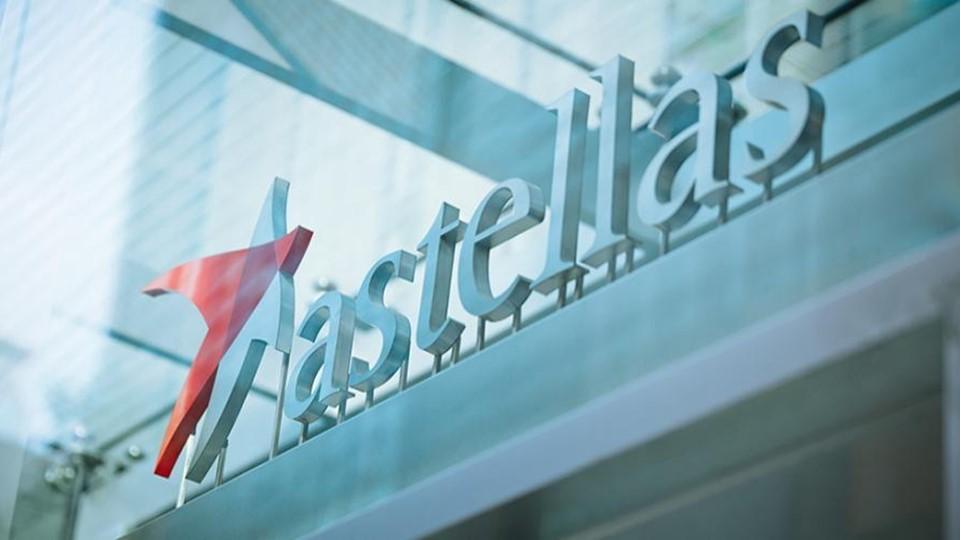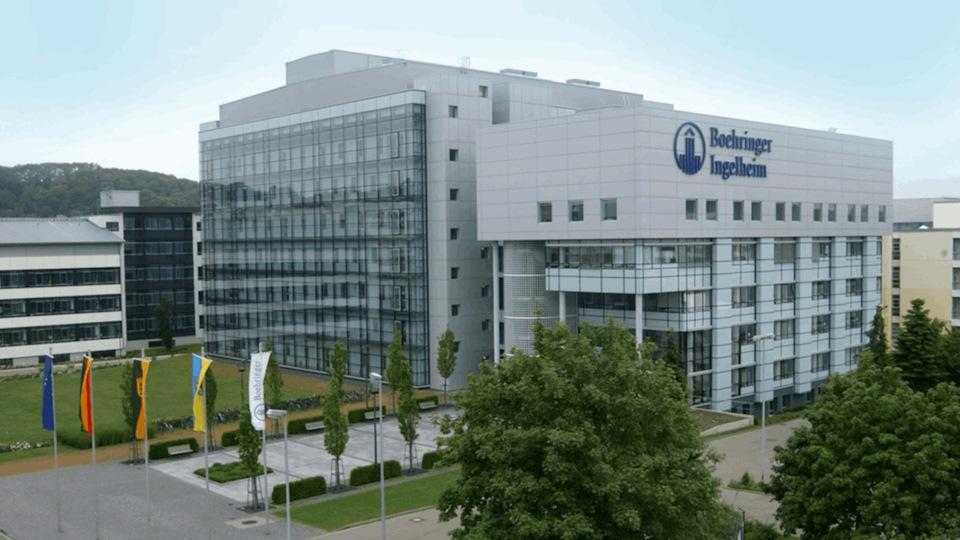Astellas strikes $1.7bn SIRP drug deal with Elpiscience

Astellas has struck a deal with fellow Japanese pharma company Elpiscience to develop up to four cancer immunotherapies that work by revving up the activity of macrophages against tumour cells.
The deal – which includes upfront and near-term payments of up to $37 million, research funding, and more than $1.7 billion in milestone payments – centres around ES019, the lead drug in Elpiscience’s bispecific macrophage engager (BiME) pipeline.
Astellas has licensed rights to ES019 and a second unnamed programme and has also taken an option on up to two additional BiME candidates.
ES019 targets two checkpoint inhibitors – PD-L1 and SIRP-alpha – that work in different ways to boost immune responses against cancers. Targeting SIRP-alpha primes macrophages to attack and destroy cancer cells, while already marketed PD-1 and PD-L1 checkpoint inhibitors call in an attack from T-lymphocytes.
SIRP-alpha is an emerging area of interest for the biopharma industry, as macrophages are the most abundant type of innate immune cells in the body, playing an important role in eliminating aberrant cells. It is part of a ‘don’t eat me’ signalling pathway that is governed by the interaction of SIRP-alpha and CD47, another big research area in cancer immunotherapy.
It is thought that blockade of that interaction can restore the ability of macrophages to phagocytose or 'eat' cancer cells and – crucially – may offer a new option for the sizeable proportion of cancer patients who do not respond to PD-1/PD-L1 cancer immunotherapies alone, or develop resistance to them.
ES019 is still in preclinical development, but, according to Astellas, has shown evidence that it can stimulate “highly potent” phagocytosis in lab studies.
Drugs targeting the SIRP-alpha/CD47 axis have yet to reach the market, and Gilead Sciences’ anti-CD47 antibody-based therapy magrolimab – currently leading the pack – failed a phase 3 trial in myelodysplastic syndromes (MDS) and has also run into some toxicity issues in a study involving patients with follow-up indication acute myeloid leukaemia (AML).
Toxicity problems have also been seen with some other CD47 candidates, including Surface Oncology’s SRF231 and BMS/Celgene’s CC-9002 – both now discontinued – and the pipeline has also been culled as a result of other decisions by developers.
AbbVie recently pulled out of an R&D partnership with I-Mab on lemzoparlimab, stopping trials in MDS and AML, although it said the decision was taken for strategic reasons, rather than any clinical issue with the drug. I-Mab is continuing to develop the drug independently in China.
BMS, meanwhile, switched its attention to SIRP-alpha with its CC-9251 candidate, but that also failed to make it out of early-stage development. There are plenty of other companies with candidates still in development, however, including Pfizer, Boehringer Ingelheim, ALX Oncology, Akeso Biopharma, and Waterstone Hanxbio.













